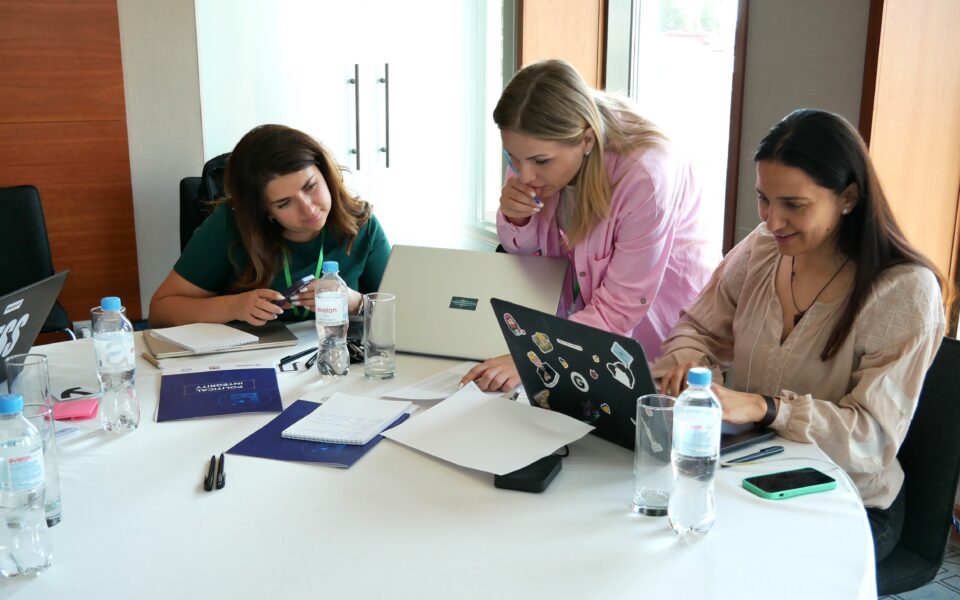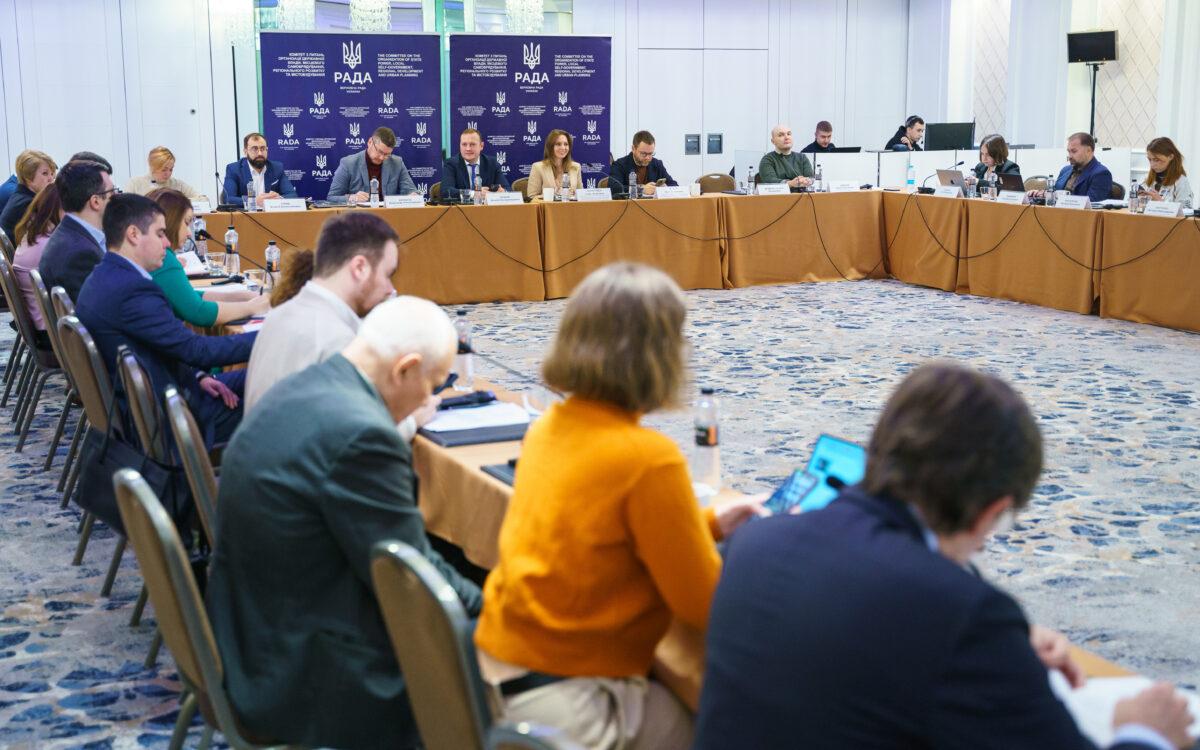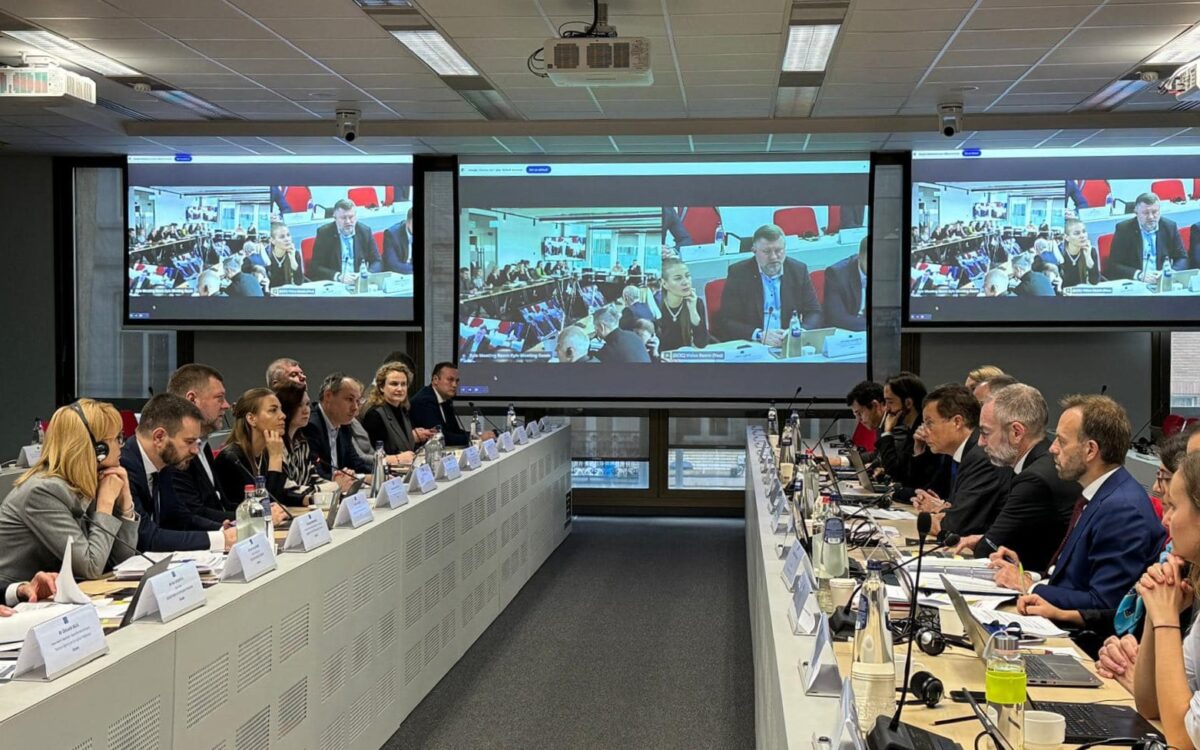
Democracy and Elections Digest #206 (June 1 – 14, 2024)
17.06.2024
Ukrainian Judges Deepen Knowledge of Election Dispute Resolution Facilitation
20.06.2024Since 2020, political party finance has gradually disappeared from media coverage as journalists and citizens lost access to a key source – party financial reports. In March 2020, the Verkhovna Rada introduced reporting deferral for political parties until the conclusion of the Covid-19 pandemic and then parties received another extension for reporting after Russia’s full-scale invasion in 2022.
On December 26, 2023, Law of Ukraine Number 9419-1, obliging political parties to submit their financial reports for the previous four years, was introduced. The legislation calls for political parties to send their financial reports to the National Agency on Corruption Prevention, the NACP, by April 26, 2024.
To draw media attention to this important development and equip journalists with knowledge and skills in analyzing political party financial reports and identifying potential violations, IFES Ukraine organized a training titled, “Investigation and Analytics in Political Party Finance” from June 6-8.
“Financial reports of political parties are rather complicated documents that require certain knowledge and experience,” says Maksym Opanasenko, Investigative Section Editor at Bihus.info and a media trainer. “There is a common belief in society that everyone knows which oligarch finances which party. There is no smoke without fire, but the truth is much more complicated. The role of a journalist is to find out what is really going on. It is important for journalists to ask politicians timely and correct questions, including about the real sources of funding for their activities. This is what we learned during the training.”
The event assembled investigative journalists from Zaporizhzhia, Chernihiv, Cherkasy, Volyn, Kherson, Kharkiv and Kyiv. Over three days, IFES trainers guided participants through key developments in political finance reform and explained how financial reports could be used as primary and supplemental sources for investigating other violations such as abuse of state resources and uncovering hidden political ties between political parties and business. Journalists also acquired necessary skills to clean and analyze data which makes it easier to work with financial reports.
The training program offered practical exercises, including working with POLITDATA, an electronic register and innovative tool for reviewing party reports, allowing simplified collection and analysis of party financial data.
“The skills and knowledge I have gained expand my capabilities and those of the colleagues whom I work with on radio and television projects,” said Oleh Klymchuk, a journalist and training participant. “We have new topics, such as investigations into possible abuses of party funding by companies and individuals as well as misuse of public funds received by parliamentary political parties.”
The training program concluded with presentations by journalists on potential political finance violations they identified in party reports using skills gained during the training. Most participants expressed their enthusiasm for continuing to uncover sources of political party financing and ways parties spend their funds.
IFES will continue supporting Ukrainian investigative journalists in monitoring and detecting political finance violations. This training is a part of IFES’ initiatives to strengthen knowledge of political finance stakeholders, increase transparency and accountability of Ukrainian political parties, and improve public oversight.






